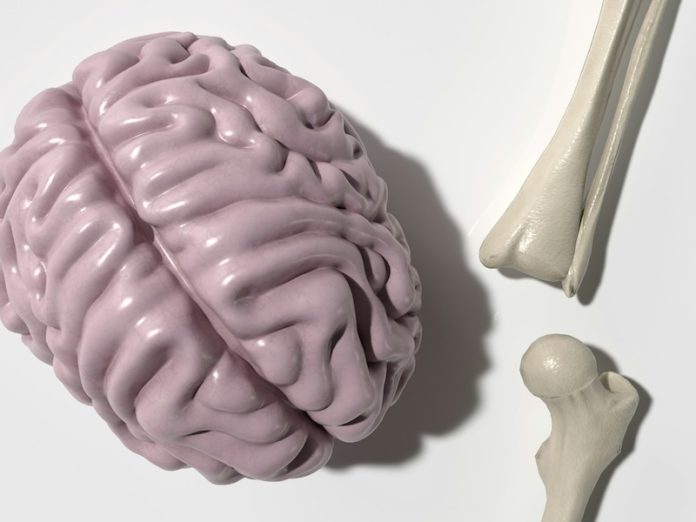
A recent study from researchers at UC San Francisco offers a promising new approach to treating Alzheimer’s disease and other forms of dementia. This research focuses on a type of brain cell called microglia, which are vital for keeping the brain healthy.
Microglia help by cleaning up damaged brain cells and removing harmful protein clumps that are often linked to dementia and other brain diseases.
Although microglia play an essential role in brain health, they have not been studied as much as other cells. However, scientists know that when microglia don’t work properly, they can contribute to the development of Alzheimer’s disease and other brain disorders.
This new study shows how researchers have figured out a way to shift microglia from a harmful state back into a healthy one, which could open up new possibilities for treating these diseases.
Microglia are like the brain’s housekeepers. They tidy up by getting rid of damaged or dead neurons, which are the cells that transmit information in the brain.
They also clear out protein plaques, which are clumps of proteins that can build up between neurons and disrupt their function. In Alzheimer’s disease, these plaques are a hallmark of the condition and are believed to play a role in the disease’s progression.
The researchers at UC San Francisco used a powerful tool called CRISPR to study microglia. CRISPR is a gene-editing technology that allows scientists to make precise changes to the DNA in cells.
By combining CRISPR with advanced methods to track what microglia are doing, the researchers were able to figure out which genes control different aspects of microglia behavior.
They discovered that certain genes could be targeted to change the behavior of microglia. When these genes were “reset,” the microglia that had been acting in harmful ways began to behave more like healthy microglia again.
This is important because most of the genes that increase the risk of Alzheimer’s disease work through microglial cells. So, by controlling these cells, it may be possible to reduce the risk or slow down the progression of Alzheimer’s.
One of the key findings of this study was that when microglia go off track, they can cause inflammation in the brain. Inflammation is a response by the body’s immune system, but in the brain, it can lead to damage.
When microglia are in a diseased state, they can also damage neurons and the connections between them, which are vital for brain function.
Over the past few years, scientists have observed these harmful states of microglia, but they didn’t fully understand what caused them or how to reverse them—until now.
With their new method, the researchers were able to not only observe the harmful states but also identify the genetic switches that control them. By flipping these switches, they could change the microglia back to their healthy, cleaning mode.
This discovery is significant because it suggests a new way to treat Alzheimer’s disease. Instead of just trying to slow down the disease or manage its symptoms, this approach could actually repair some of the damage caused by the disease.
The researchers are now planning to test their findings further. They want to see if existing drugs can be used to target the genes they identified, in order to push diseased microglia back into a healthy state.
These tests will first be done in laboratory models, but if successful, they could eventually lead to new treatments for people with Alzheimer’s disease.
This study was led by Martin Kampmann and his team, and the results were published in the journal Nature Neuroscience.
Their work represents a hopeful step forward in the fight against Alzheimer’s and other forms of dementia, offering a potential way to restore the brain’s natural defense systems and protect against the devastating effects of these diseases.
If you care about brain health, please read studies about vitamin D deficiency linked to Alzheimer’s and vascular dementia, and higher magnesium intake could help benefit brain health.
For more information about brain health, please see recent studies about antioxidants that could help reduce dementia risk, and coconut oil could help improve cognitive function in Alzheimer’s.
Copyright © 2024 Knowridge Science Report. All rights reserved.



